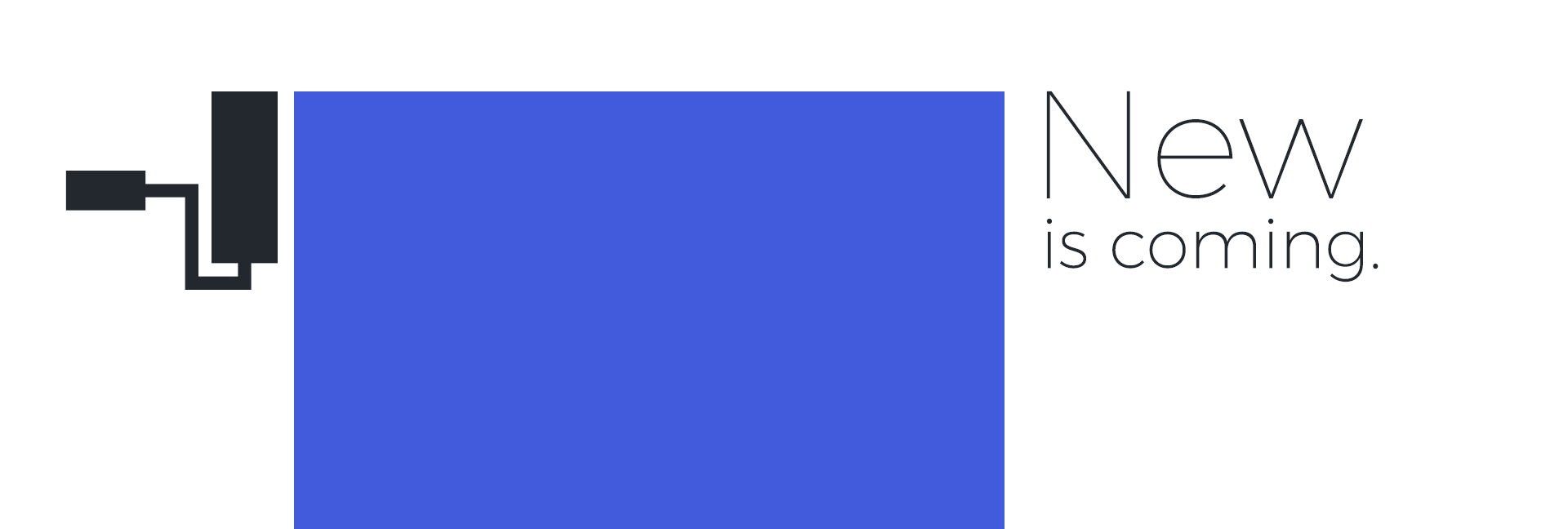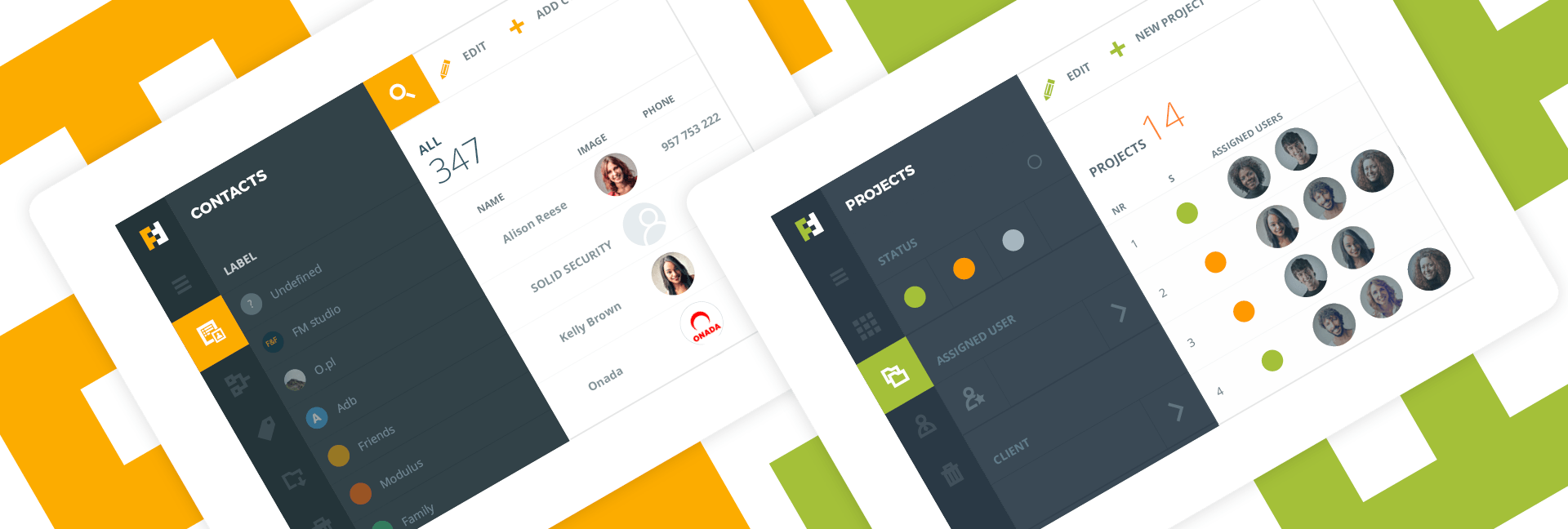Don’t let yourself feel so overwhelmed that your performance and your well-being suffer. If you find yourself working hard but unable to cope with a heavy workload, maybe you should stop and evaluate how you spend your time.
Your every day doesn’t have to be like a Monday morning. Learn what might be standing in your way to having a more organized workday.
- Procrastination
- Perfectionism
- Inability to say “no”
- Not delegating
- Not using a day planner
Procrastination
Procrastination assumes deliberate or unaware putting things off to a later time. If you constantly avoid problematic tasks, delay performing your duties or look for distractions, you might be a chronic procrastinator. Procrastination, however, should not be confused with laziness — what triggers procrastination goes far beyond a simple “I don’t feel like doing it today”. Even though procrastination is easy to spot, reasons that cause it are not that clear to diagnose.
- lack of self-confidence — fear of failing, making a mistake or receiving a negative feedback,
- lack of the ability to prioritize your tasks — problem in putting your to-do list in order,
- a habit of starting projects, but not finishing them — a trouble in completing tasks,
- avoiding responsibility for a complex task — when a task appears difficult, it’s better to avoid it,
- lack of motivation — falling into monotony or not getting any joy or satisfaction from work,
- inability to work independently — always counting on someone’s help.
Procrastinators end up with a huge pile of urgent matters and the necessity to deal with everything all at once, which increases the level of anxiety and stress. The good news is that procrastination is not something we’re born with. It’s possible to beat if one devotes a little time and energy to practice self-control. In fact, psychology experts like Sabrina A. Stokes have found that you can train yourself to procrastinate less.
Perfectionism
One of the fears that lead to procrastination is the fear of imperfection, which relates to yet another dangerous tendency — perfectionism. Perfectionists are usually preoccupied with what others think, so they are spending more time on improving their work until it seems perfect. Meantime, they’re wasting time on unnecessary changes, sometimes even gradually killing their initial idea. Such amount of time spent on polishing one’s work is an obstacle for spontaneity and creativity, which gives birth to innovation. Perfectionism may also come from the incorrect assumption that the more time one devotes to certain work, the better it will become.
It’s said that perfectionism helps ambitious people achieve their goals. Striving for excellence and having high standards is obviously a noble thing. But it’s crucial to see the difference between hard-working people with a good work ethic, and flooded with work perfectionists. Perfectionists, blinded with their strive for perfection, set their standards so high that they either cannot be met, or they consume an unbelievable amount of time and effort that might be devoted to something more beneficial.
Inability to say “no”

The ability to say a firm ‘no’ is important. If you start accepting more tasks than you can handle, you will soon find yourself swamped with work and frustrated. Those who cannot refuse a sudden assignment or an extra shift may face difficulties holding up to their own goals and activities. The feeling of busyness may lead to stressful situations and anxiety — you’re constantly on the go or working long hours, your calendar is bursting at the seams but you still cannot deliver the promised results or cannot accomplish own weekly goals. Immediate undertaking of every unexpected task may finally damage your workflow.
Don’t be afraid of a bad work reputation or that your mates will see you as “not a team player” or a “no-person”. On the long run, you’ll improve your own effectiveness and they will appreciate you as a valuable part of the team.
Not delegating

It’s yet another harmful habit that gets you drowning in work.
Delegating tasks will help you get more things done. Effective delegating will relieve some of your workload and give you more to concentrate on other important aspects, like thinking about goals, and looking for more challenges. It’s also beneficial for your team — if your coworkers have the required skills to do the job, you should show them your trust. To successfully delegate your work, make sure you:
- evaluate which co-worker should receive a task — evaluate strengths and weaknesses as well as their career directions. Make sure a delegated task won’t be too overwhelming for someone (some may prefer planning, others are fine doing calls or writing texts) — choosing the right person is the guarantee of success.
- include instructions — keeping instructions or how-to guides is beneficial for the entire company. It facilitates knowledge exchange and saves time.
- don’t be afraid to share your knowledge and teach new skills — keeping knowledge to yourself is a symptom of bad leadership. By helping others grow, you make sure the entire team gets closer to the goal.
Once you delegate a task, you can occasionally check how your co-worker is doing, but make sure you won’t be over-controlling or distrustful. It’s not easy to “let go” some of your routine responsibilities and pass them to your colleagues, but that’s just something one must learn and not feel bad about.
Not using a day planner

Planning your day helps to set proper priorities, gives you clear vision, a sense of control and motivation. It depends on you whether you prefer to plan your day a night before or early in the morning.
Why do so many people praise the idea of day planning? First, it gives a peace of mind and reduces stress level, especially when you’re going through a busy period or have lots of things piled up. Secondly, it gets you closer to your desired goals by motivating and helping you evaluate progress.
Get yourself a planner — it might be a task management app, a paper notebook, an organizer, or a simple calendar — whatever works. Make sure you can carry it with you wherever you go.
Work smarter, not harder
“Work smart, not hard” — it’s the most popular slogan repeated in every work environment. The fact is that the idea of “staying busy” and working long hours is no longer considered a key to success. Effective employees who are aware of their strengths and who trust in their skills are now in the spotlight. To become one of them, first you need to eliminate the habits that stop you from doing your best. If you succeed, you’ll make room for greater things that will benefit you and your environment.












